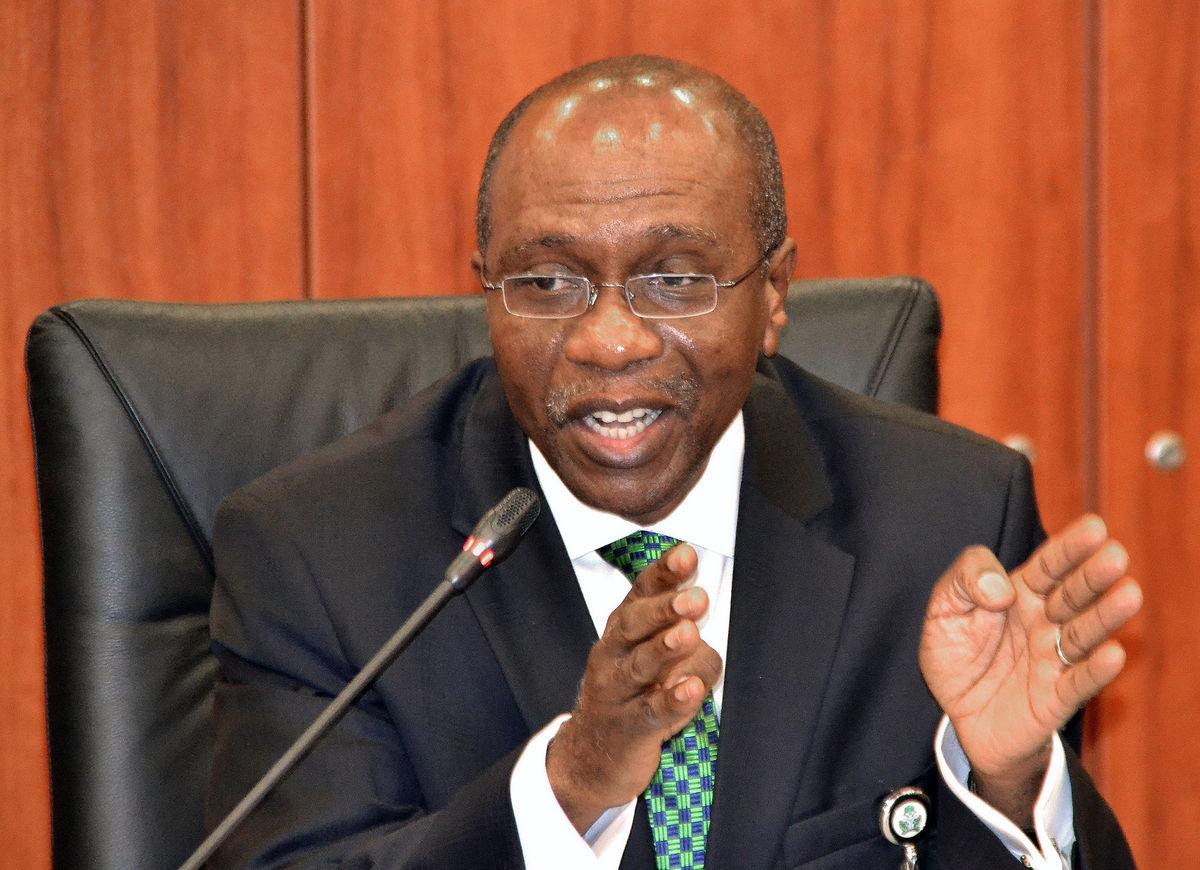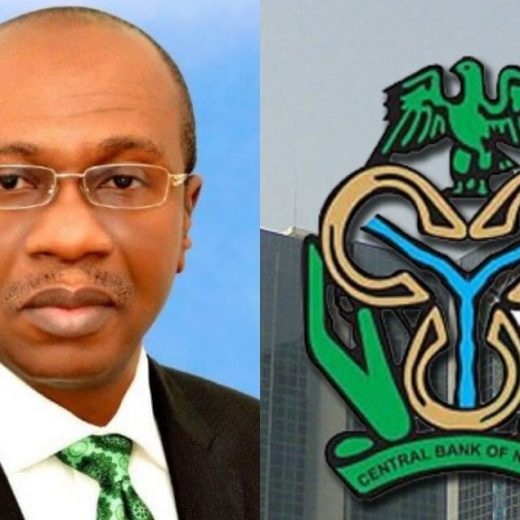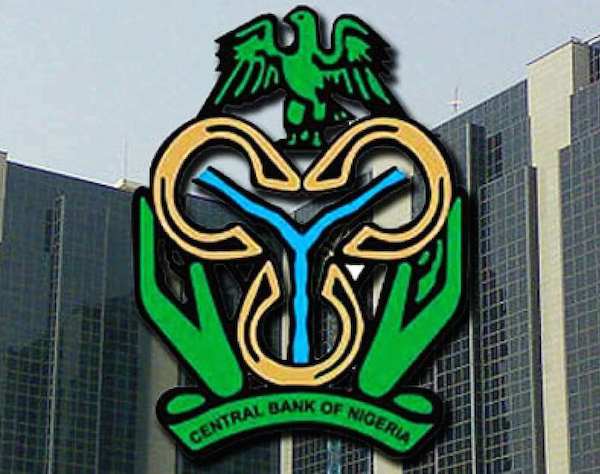With huge Non-Performing Loans (NPLs) hanging on their neck, four commercial banks in the country are said to be in serious liquidity crisis as they operate with liquidity ratios below the minimum requirement.
In statements put on the Central Bank of Nigeria website by two members of the Monetary Policy Committee, Dr. Doyin Salami and Prof. Balami Dahiru Hassan, financial sector stress tests showed that the Capital Adequacy Ratios for the nation’s banking industry worsened to 11.51 per cent in June, from 12.81 per cent in April, as against a regulatory minimum of 15 per cent for banks with international licences.
Although both members did not mentioned the affected banks, but said the four banks together were equivalent to at least one Systemically Important Bank.
Prof. Balami Dahiru Hassan added that the financial performance indicators showed that when the four outlier banks were removed, the CAR, NPLs ratio and the Liquidity Ratio are all above the prudential requirement.
“The banking sector liquidity ratio showed that all DMBs registered above the minimum of 30 per cent Liquidity Ratio with the exception of four outlier banks. The stress test, therefore, shows that the Deposit Money Banks are less resilient to shocks.”
Hassan stated that the NPLs stood at 15.07 per cent in June compared with the five per cent regulatory limit.
ALSO SEE: NIMC in N3.5bn mismanagement scandal
Salami, on his part, said the ratio stood at 8.17 per cent when excluding the four lenders in question.
He stated, “The Financial System Stability Report by the CBN staff highlights one of the biggest challenges with, which the central bank must grapple.
“At slightly over 15.0 per cent, the portfolio of the NPLs as a proportion of the total loan book of banks remains above the regulatory maximum and continues to rise. Whilst the CBN staff continue to note that once the figure is discounted for the impact of ‘four outlier banks’, the NPL ratio drops to 8.17 per cent.”
Managing Director of Afrinvest Securities, Mr. Ayodeji Ebo, said 2016 was a very tough year for the banking sector and this led to increased NPLs in the banks’ books.
Also in its latest report titled, ‘Nigerian banks: Survival of the fittest’, Renaissance Capital, an investment bank, said, “We believe that the focus for the banks that have struggled in this environment is to clean up their loan books and strengthen their capital positions.
“In our view, the biggest risk to both the NPL clean-up process and capital is the currency, as most of the banks continue to use the official rate (N305/$) to market their foreign currency exposures.”
The International Monetary Fund had urged Nigerian policymakers to quickly increase the capital of undercapitalised banks and put a time limit on regulatory forbearance after it said last month that four banks were under-capitalised.

 Football1 day ago
Football1 day ago
 Business1 week ago
Business1 week ago
 Business1 week ago
Business1 week ago
 Education1 week ago
Education1 week ago
 Crime1 week ago
Crime1 week ago
 Covid-191 week ago
Covid-191 week ago
 Business1 week ago
Business1 week ago
 Latest5 days ago
Latest5 days ago








